Historik

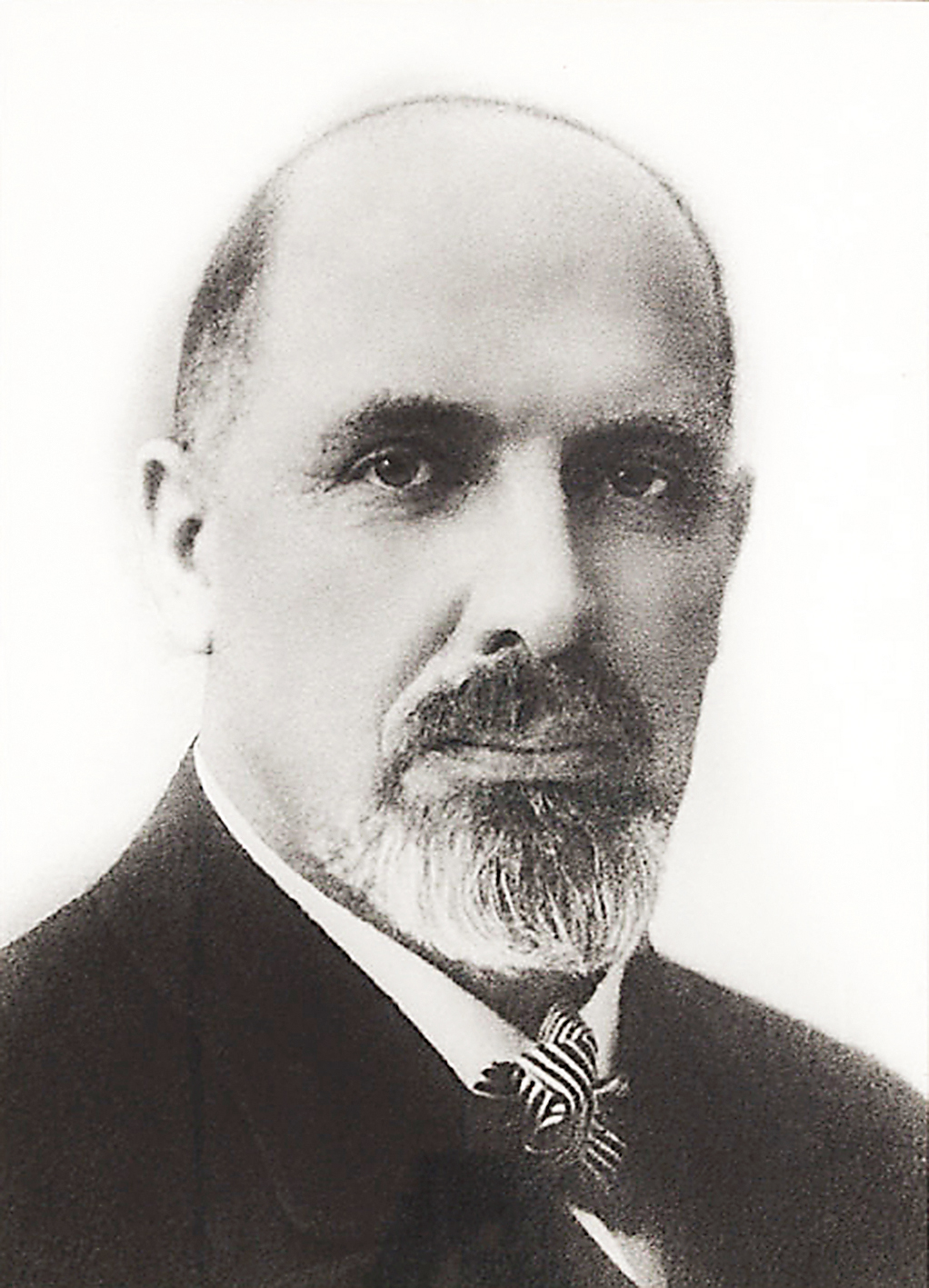
Robert Roberts
Familjen som tog en nyhet till Sverige
I början av 1900-talet var läskedrycker något exotiskt som bara fanns i kontinentala Europa. Men snart nådde nyheten Sverige, tack vare två entreprenörer som såg möjligheterna med produkten.
Robert Roberts och hans son Harry grundade AB Roberts i Örebro år 1910, och lade en helt ny marknad för sina fötter. De specialiserade sig på att skapa smakfulla aromer och extrakter, som de sålde till bryggerier. I början var produktionen ett rent hantverk, men Roberts blev snabbt en växande industri.
Under årens lopp har vi levererat aromer och extrakter till välkända varumärken. De största framgångarna har varit Champis, som blev en succé som lyxdryck redan på 1920-talet – och julmust.
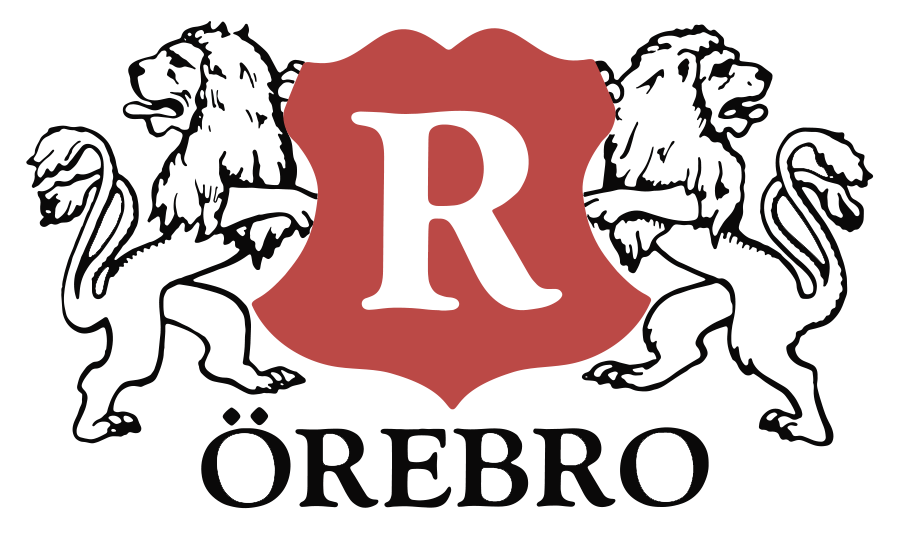
AB Roberts logotyp mellan företagets start 1910 och 1967.
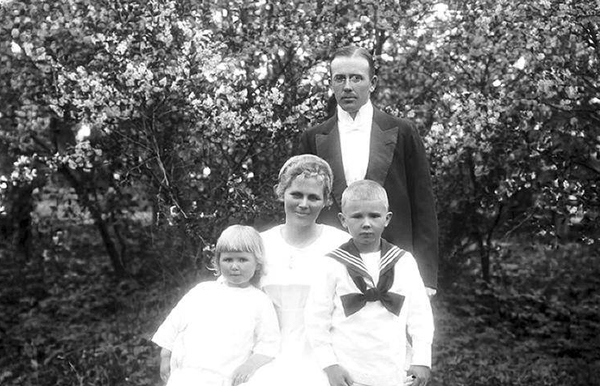
Ingenjör Harry Roberts med familj
Det började mitt i stan och fortsatte i en gammal fruktträdgård på väster
Det är tidigt 1900-tal. Robert Roberts och sonen Harry vill skapa ett alternativ till öl och brännvin. Allt sker under Harrys vistelse i Berlin, dit Robert skickar honom för att studera kemi. Där skapade han sin egen samling av recept, varav ett ska bli till ett stycke svensk dryckeshistoria..
Efter flera års laborerande forskar Harry fram den svarta tillsats som liknar svagdricka till utseendet, men har en helt annan smak. Den berömda julmusten. Snart ska familjeföretaget AB Roberts i Örebro höra tala om sig, mest för sin revolutionerande nya dryck, men också för andra kända läskedrycker. De första 49 åren huserar Roberts i centrala Örebro. På 1920-talet har man köpt en tomt på väster i Örebro, där det ligger en gammal fruktträdgård. Dit flyttar man, bygger nytt och utvecklar successivt verksamheten till vad den är idag.
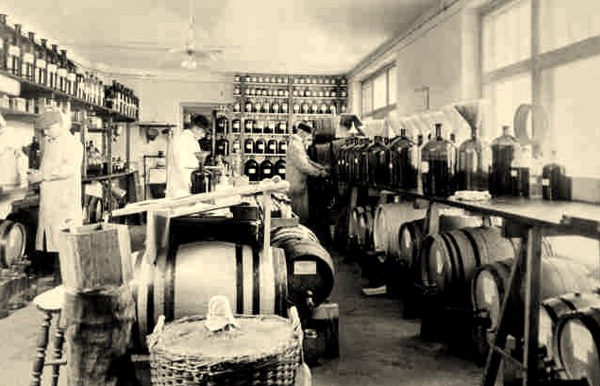
Lokalerna i centrala Örebro på Vasagatan 13
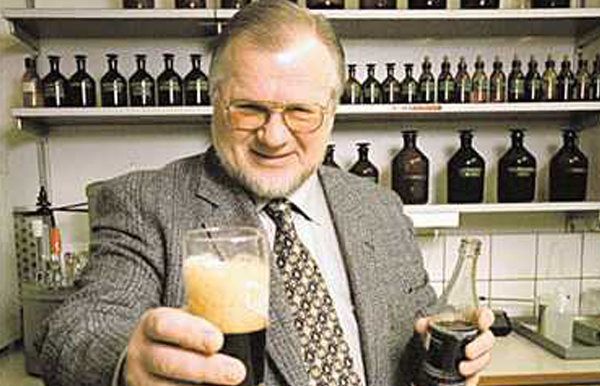
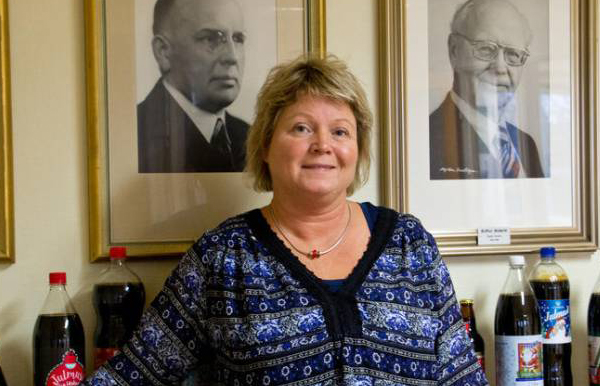
Fyra epoker Roberts
1910-1949:
Företaget präglas av stora visioner. Man ger bland annat ut tidningen Läskedryckfabrikören och startar dotterbolag i Finland. Man undersöker också möjligheterna att etablera Roberts i Ryssland, men det blir inget av med den satsningen. Robert Roberts driver produktion och produktutveckling fram till sin död 1932, då sonen Harry tar över. Andra världskriget genomlever AB Roberts i Örebro på sparlåga. Det är svårt att få tag på råvaror till produktionen och det är dåligt med personal, eftersom många är inkallade.
1949-1980:
Arthur Roberts tar över som disponent 1949. Efter lumpen fortsätter han sin militärtjänstgöring i Värmland under andra världskriget. Och efter fullgjord tjänstgöring tar han över det stora ansvaret för firman. Roberts har fortfarande kvar lokalerna på stan. Det är tungjobbat, med många skrymslen och vrår som knappast främjar arbetsmiljön. Flytten till nya lokaler på väster i Örebro blir flytten till ett paradis i jämförelse. Lokalerna är mer ändamålsenliga, man börjar arbeta med lastpallar och palldragare. 1980 tar Göran Roberts över som VD för AB Roberts i Örebro.
1980-1997
Göran Roberts har lång erfarenhet av familjeföretaget när han tar över 1980. Han började som produktionsansvarig 1966 och har också sysslat en del med frågor som rör inköp när han tar över. Kännetecknande för denna epok är framför allt mustens utveckling. AB Roberts i Örebro har nu i princip 100 procent av marknaden för julmust.
1997-
1997 tillsätts den första externa VD:n i AB Roberts i Örebro historia. 2011 gick uppdraget som verkställande direktör till Bodil Arvinder och är med det tillbaka inom familjen. Under denna tid har företaget investerat i modernare processutrustning och utvecklat sin arbetsmiljö.
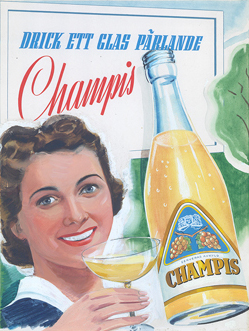
När örebroarna kunde köpa skalade apelsiner
Drömmer du ibland om att få slippa skala dina apelsiner? För örebroarna var det verklighet före andra världskriget. Då köptes stora mängder apelsiner in till AB Roberts i Örebro för produktionen av apelsinläsk. Men det var inte saften och fruktköttet man ville åt. Det var apelsinoljan som fanns i apelsinernas skal. Under produktionen av läsken hängde därför en stor banderoll över Drottninggatan i närheten av Roberts lokaler.
På den stod: ”Apelsinskalning pågår”. Då visste örebroarna vad som vankades. Strax bildades köer av apelsinsugna kunder som förstod finessen med att slippa det tidsödande skalandet.
